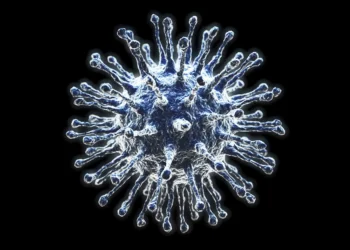A new COVID-19 variant is circulating across several regions of the world, prompting renewed attention from health officials as global cases tick upward.
The World Health Organization (WHO) confirmed Wednesday that the rise in infections is concentrated in the eastern Mediterranean, Southeast Asia, and western Pacific regions. The variant, designated NB.1.8.1, has now been detected in the United States through airport screening of travelers arriving from affected countries, including in California, New York, Virginia, and Washington state.
By mid-May, the NB.1.8.1 variant accounted for nearly 11% of globally sequenced COVID-19 samples. While the WHO has labeled it a “variant under monitoring,” the agency currently considers the overall public health risk to be low. There is no evidence that the strain causes more severe illness compared to previous variants, and existing vaccines are expected to remain effective.
Despite the uptick in cases, the dominant global variant remains LP.8.1, including in the U.S.
The emergence of NB.1.8.1 comes as the U.S. takes a controversial turn in its COVID-19 vaccination policy. On Tuesday, Health Secretary Robert F. Kennedy Jr. announced that COVID vaccines are no longer being recommended for healthy children or pregnant women. The change has drawn swift criticism from several public health experts, who question the evidence and timing behind the decision.
Meanwhile, WHO officials noted that while hospitalizations have risen slightly in some Pacific countries, the current data does not suggest the new variant poses a heightened threat. Surveillance efforts remain active as health systems brace for potential localized spikes.

 English
English



























































